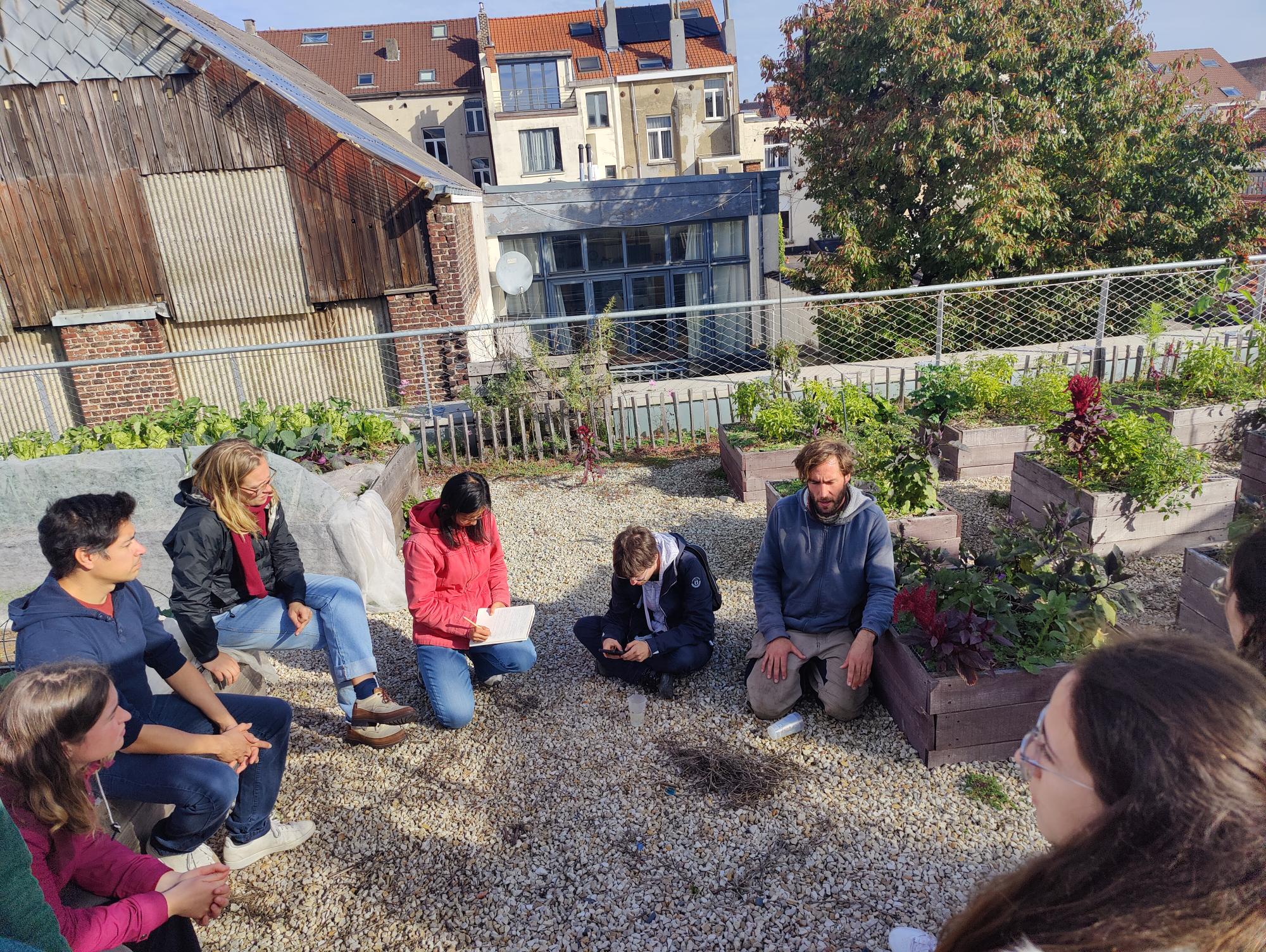Academia and Research Institutions
FAO actively collaborates with higher education institutions to mobilize knowledge and innovations, strengthen capacities, provide evidence-based solutions to policy processes, and share its own experience on the ground with the academic community (read more).
In Belgium, FAO has formalized its partnerships with a number of academic institutions, including the Université Catholique de Louvain and the Université de Liège. These partnership agreements allow students to gain experience as FAO trainees and enable joint collaboration in research programs, scientific publications, and participation in FAO-led multistakeholder initiatives.







Civil Society
Recognizing the critical role that CSOs play in the fight against hunger and malnutrition, FAO works to increase and strengthen its partnerships with them and appeals to their knowledge and capacity on a variety of issues related to food security.
In Brussels, FAO works closely with several Belgian, European, and international Brussels-based civil society organizations - including grassroot social movements, farmer organizations, diaspora organizations, organizations of fisheries, trade unions, and think tanks. This is done with the aim of including them in FAO initiatives and adding their voices to the collective endeavor towards a world without hunger. (Read more)

For instance, FAO's collaboration with the Belgium-based organization Rikolto, which works on sustainable agrifood systems in urban areas around the globe, resulted in the launch of an urban and peri-urban sourcebook in June 2022.

Partnerships with Non-State Actors at FAO: Progress Report 2020-2021
01/10/2022
Throughout 2020–2021, the Partnerships and UN Collaboration Division continued to facilitate FAO’s engagement with NSAs, specifically: civil society organizations (CSOs) , cooperatives, producers’ organizations, parliamentarians, Indigenous Peoples and academia and research institutions (ARIs). This report demonstrates FAO’s achievement in developing partnerships with a wide range of NSAs.
Private Sector
The private sector – big or small, local or global – is a key ally in the global fight against food insecurity, malnutrition and rural poverty. The ambitious 2030 Agenda requires all forms of partnership and resources to achieve the Sustainable Development Goals (SDGs) for the benefit of all.
FAO has recently developed and launched a new Strategy for Private Sector Engagement (2021–2025), which lays out the Organization’s continued and enhanced commitment to joining forces for development progress. (Read more)


FAO Strategy for Private Sector Engagement 2021-2025
26/10/2021
This strategy specifically targets the different types of the private sector from large national and multinational corporations, to financial institutions, micro, small and medium enterprises (MSMEs), industry and trade organizations and consortia which represent private sector interests, farmers and farmers’ organizations, producers’ organizations and cooperatives and philanthropic foundations.
In Brussels, FAO maintains regular interactions with private sector entities. FAO and Brussels-based companies and associations are part of EU-led multi-stakeholder mechanisms, such as the EU Food Losses and Food Waste Platform and have partnered in different streams, such as with COLEAD (former COLEACP) on plant protection, through the IPPC.
